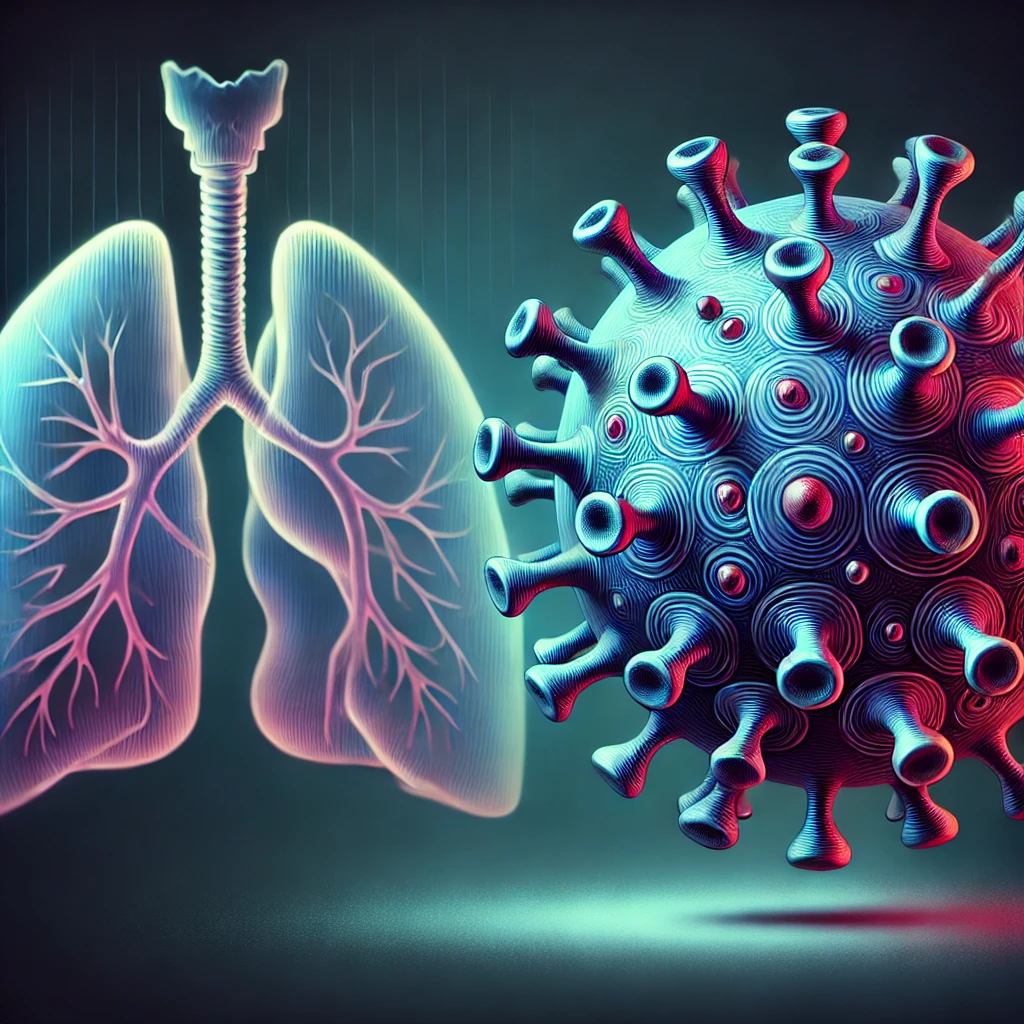
The Nigeria Centre for Disease Control and Prevention (NCDC) has dismissed claims that the World Health Organisation (WHO) has declared the Human Metapneumovirus (HMPV) a Public Health Emergency of International Concern, urging the public to disregard such misinformation.
The NCDC made this known in a public advisory signed by its Director General, Dr Jide Idris, noting that it is closely monitoring the situation and has implemented actions to ensure public health safety. He emphasised the importance of verifying information to prevent panic and misinformation.
“The WHO has not declared HMPV a Public Health Emergency of International Concern,” he stated. “We urge the public to rely on credible sources for health information.”
Amid rising global concerns about HMPV, especially in countries like China, the United Kingdom, France, and Germany, where significant increases in cases have been reported, the NCDC boss highlighted that the agency has taken measures to strengthen preparedness in Nigeria. “These steps include enhanced Infection Prevention and Control (IPC) practices in hospitals and rigorous monitoring at international points of entry .”the statement read.
Dr Idris noted that the agency, in collaboration with the Federal Ministry of Health and Social Welfare, the WHO, the U.S. Centres for Disease Control and Prevention (USCDC), and the UK Health Security Agency (UKHSA), conducted a dynamic risk assessment that classified Nigeria’s risk as moderate.
“This risk assessment will guide our preparedness efforts and response strategies to mitigate any potential impacts,” he explained. “Currently, there is no evidence of an unusual increase in respiratory infections, including those caused by HMPV, in Nigeria. However, proactive measures are being implemented to ensure readiness.”
Highlighting the nature of HMPV, Idris explained that the virus causes respiratory illnesses ranging from mild cold-like symptoms to severe infections, particularly in young children, older adults, and individuals with weakened immune systems. Symptoms include cough, fever, nasal congestion, shortness of breath, and wheezing. He also noted that there is no specific antiviral treatment or vaccine for HMPV at this time.
To enhance preparedness, the NCDC has directed all health facilities nationwide to implement strict IPC measures, such as proper hand hygiene, respiratory hygiene, environmental cleaning, and cough etiquette. Health facilities have also been instructed to designate isolation rooms for managing suspected cases.
“The NCDC, in collaboration with Port Health Authorities, is conducting a comprehensive situation analysis at all international to assess readiness levels.
“An Entry Implementation Protocol on HMPV, approved by the Honourable Minister of Health and Social Welfare, is being finalised and will guide response activities at these points.” Idris stated.
Speaking further , he noted that the National Influenza Sentinel Surveillance (NISS) system, which monitors Influenza-like Illness (ILI) and Severe Acute Respiratory Infections (SARI), will now also test for HMPV. “Laboratories in states with international airports are being supported to enable HMPV testing, and essential materials such as Personal Protective Equipment (PPE) and other IPC supplies have been stockpiled for rapid deployment if needed.”
“Supportive care and vigilance are crucial. We are ensuring that healthcare workers are equipped to manage cases effectively and maintain a high index of suspicion,” He underlined.
He further urged the public to adopt preventive measures, including regular hand washing, covering the mouth and nose when coughing or sneezing, and avoiding close contact with individuals showing respiratory symptoms. Healthcare workers were also advised to use appropriate PPE and refer severe cases promptly to specialist facilities.
Idris concluded stating, “The NCDC remains committed to safeguarding the health of Nigerians,We are providing clear guidelines and IEC materials to raise awareness and support the public and healthcare workers in managing potential risks associated with HMPV.”










